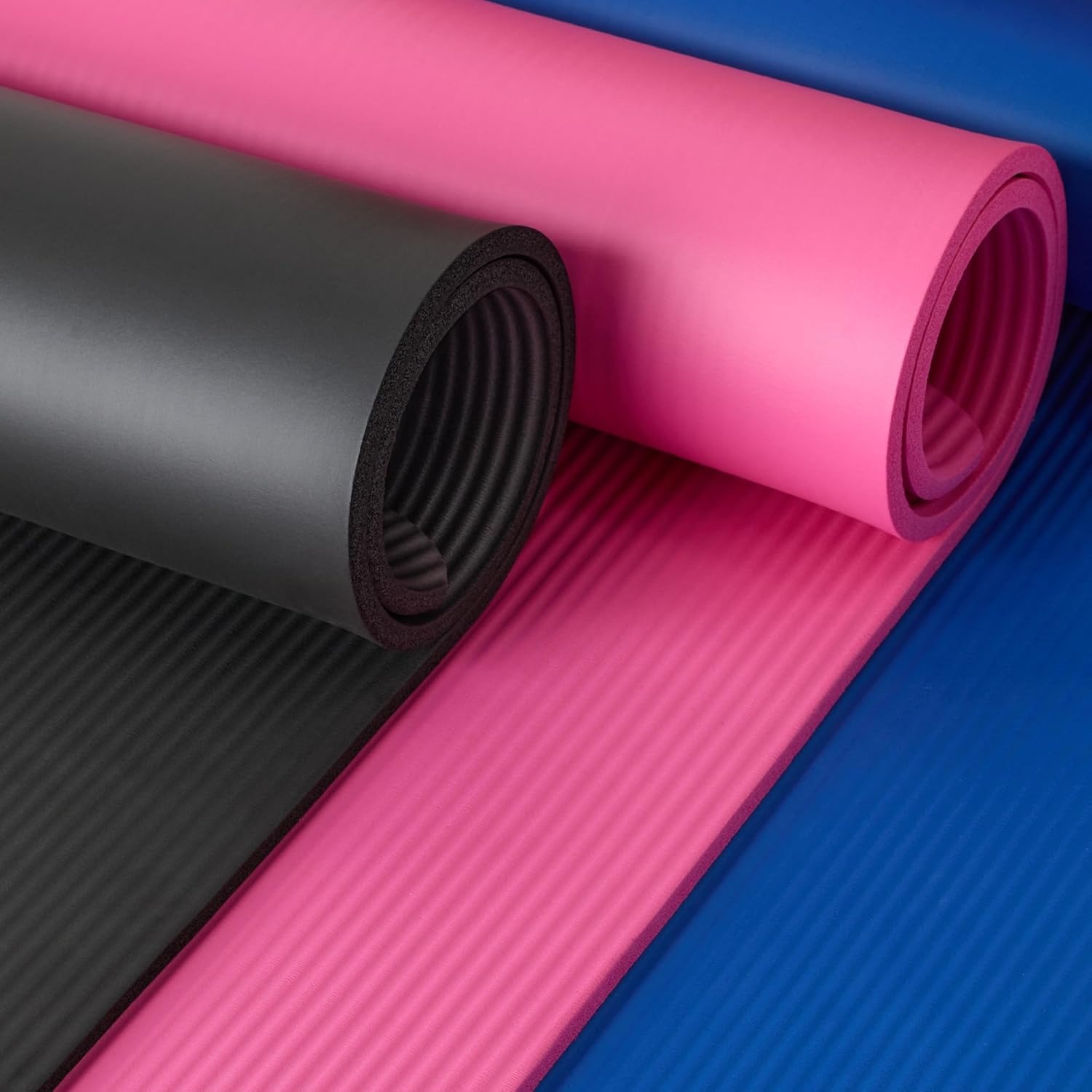Can You Take Creatine with Protein Powder?
When it comes to enhancing athletic performance, supplements play a crucial role. Among the vast array of options available, two prominent names stand out: creatine and protein powder. Both are widely utilized in the fitness community. Nevertheless, questions often arise regarding their combined use. Can you take creatine with protein powder? The answer is yes, but there are essential details to consider. This blog will explore the benefits, timing, types of supplements, potential interactions, and tips on how to combine them effectively.
Understanding Creatine
Creatine is a naturally occurring compound found in small amounts in certain foods and synthesized by the body. It helps supply energy to muscles during high-intensity exercise. When taken as a supplement, creatine increases phosphocreatine stores in muscles. This increase facilitates the production of adenosine triphosphate (ATP), the primary energy currency of the cell. As a result, individuals may experience enhanced strength, power, and muscle growth. Many athletes and fitness enthusiasts choose to incorporate creatine into their regimen. It assists with quicker recovery times, allowing for more frequent and intense workouts.
Moreover, scientific studies support creatine’s efficacy. Research shows that creatine supplementation leads to significant gains in muscle mass and strength. Additionally, individuals report improved performance in activities requiring quick bursts of energy, such as sprinting or weightlifting. While creatine is generally safe for most people, it is advisable to consult a healthcare professional before starting any supplement regimen, especially for those with pre-existing medical conditions. Creatine can be taken in different forms, such as creatine monohydrate, creatine ethyl ester, and buffered creatine. The most researched and commonly used type is creatine monohydrate.

The Role of Protein Powder
Protein powder serves as a convenient and efficient source of protein. It contains essential amino acids that support muscle repair and growth. Many athletes use protein powder after workouts to aid in recovery. The body requires protein for building and repairing tissues, especially after intense physical activity. By consuming protein powder, individuals can meet their daily protein needs more conveniently and effectively. Besides aiding recovery, protein supports various bodily functions, including hormone production and immune system health.
Protein powders come in various forms, including whey, casein, soy, and pea protein. Whey protein is one of the most popular choices due to its rapid absorption and high biological value. For those who prefer plant-based options, pea and soy protein are excellent choices. Each type of protein powder offers unique benefits, catering to different dietary preferences and goals. For instance, those with lactose intolerance may opt for plant-based proteins. Meanwhile, athletes often prefer whey protein for its quick absorption, which supports immediate muscle recovery after exercise.
In addition to promoting muscle recovery and growth, protein powder can assist with weight management. It helps increase feelings of fullness, reducing overall calorie intake. Furthermore, adequate protein intake can help preserve muscle mass during weight loss. This aspect is particularly important for athletes or fitness enthusiasts aiming to shed body fat while preserving lean muscle. Therefore, integrating protein powder into a diet can benefit performance and overall health.
Combining Creatine and Protein Powder
Combining creatine and protein powder is a common practice among athletes. Each supplement serves a unique purpose, enhancing overall fitness and performance. Creatine primarily boosts energy levels, while protein powder aids in muscle repair. When used together, they can provide an effective solution for those looking to improve athletic performance. This combination can help maximize workouts and improve recovery times, allowing for more intense training sessions.
A well-rounded supplement regimen can lead to more significant gains in strength and muscle mass. Many athletes report that taking creatine and protein powder together enhances their overall performance. Transitioning from one supplement to another can be straightforward. Individuals can simply mix creatine with their protein shake or take them separately. The important thing is to ensure that they fit within the overall diet and training plan.
Timing is an essential factor when combining these supplements. It is generally recommended to consume protein powder shortly after a workout. This practice can promote muscle recovery and growth. Creatine, contrarily, can be taken at any time during the day. Many choose to take creatine before or after workouts. However, the primary goal should be consistency in usage rather than concentrating solely on timing.

Optimal Timing for Supplementing
To maximize the benefits of creatine and protein powder, timing is essential. Consuming protein powder shortly after workouts guarantees the muscles receive necessary nutrients. This nutrient timing helps foster rapid recovery and facilitates muscle repair. Typically, the post-workout window is considered critical for protein intake. Consuming a combination of protein and carbohydrates after workouts can re-fuel glycogen stores and enhance recovery.
Creatine, on the other hand, can be timed according to personal preference. Long-term benefits come from consistent dosing rather than timing. Some individuals prefer taking creatine before workouts to experience immediate energizing effects. Others find it beneficial to take it post-workout alongside protein powder. Regardless of timing, the key is maintaining consistent daily intake for maximum benefits.
Research indicates that both creatine and protein powder complement each other. When taken together, they can create an anabolic environment conducive to muscle growth. This combination can be highly effective for strength athletes, bodybuilders, and recreational fitness enthusiasts alike. Additionally, the synergistic effect of these supplements can lead to improved workout performance, increased strength gains, and enhanced recovery.
Potential Interactions and Considerations
While combining creatine and protein powder is generally safe, some individuals may experience mild side effects. Common side effects of creatine include gastrointestinal discomfort, bloating, and muscle cramping. However, these issues can often be mitigated by ensuring adequate hydration. Proper hydration is vital, especially when taking creatine, as it draws water into muscle cells. Ample fluid intake can help prevent dehydration and potential side effects.
Protein powder is also associated with some digestive issues for specific individuals. For example, those with lactose intolerance may experience discomfort when consuming whey protein. In such cases, alternative protein sources, such as plant-based powders, can provide relief. Finding a suitable protein powder is essential to avoid digestive upsets while still meeting protein needs.
It is important to note that excessive supplementation may lead to unwanted consequences. Both creatine and protein powder offer benefits when used appropriately. However, taking more than the recommended dosages can result in adverse effects. It is critical for individuals to follow guidelines provided by supplement manufacturers or healthcare professionals.

Tips for Effective Supplementation
To effectively combine creatine and protein powder, establish a consistent routine. Begin by determining specific goals related to fitness or nutrition. Setting clear objectives will aid in selecting the right supplementation strategies. Once goals are established, incorporating creatine can be the first step. Creatine can be taken daily; many people prefer starting with a loading phase.
The loading phase typically lasts for five to seven days. During this phase, individuals consume higher doses of creatine to saturate muscle stores quickly. After this phase, the dose can be reduced to a maintenance level. This strategy ensures that the body benefits from increased energy availability.
Alongside creatine, incorporating protein powder can help achieve daily protein goals. Adding protein powder to pre- or post-workout shakes can promote recovery and muscle growth. Experimentation with different protein powder types can help individuals find the right fit for their dietary preferences. This flexibility allows for a well-rounded supplement plan that aligns with personal goals.
Staying Hydrated and Nutritionally Balanced
Staying hydrated is crucial when taking creatine and protein powder. Both supplements can place added demands on the body. Therefore, ensuring adequate hydration helps support overall health and performance. Drinking water throughout the day is essential, particularly during workouts. Avoiding dehydration can minimize potential side effects commonly associated with creatine use.
Additionally, maintaining a balanced diet is vital for maximizing the benefits of supplementation. While creatine and protein powder provide crucial nutrients, they should not replace whole foods. Incorporating a variety of nutrient-dense foods into the diet can provide essential vitamins and minerals. Fruits, vegetables, whole grains, lean proteins, and healthy fats contribute to overall health.
Emphasizing a balanced diet complements supplement use. Whole foods supply a range of nutrients that support energy levels and recovery. Therefore, individuals should aim for a well-rounded diet that synergizes with their supplementation plan. Finding the right balance between whole foods and supplements can help achieve fitness and health goals.

Conclusion: A Powerful Combination
In summary, combining creatine and protein powder is beneficial for many athletes and fitness enthusiasts. Each supplement plays a distinct role in promoting energy, recovery, and muscle growth. When taken together, they can yield more significant gains in performance and overall fitness. However, timing, consistency, hydration, and diet play essential roles in maximizing their benefits.
It is advisable to consult a healthcare professional before beginning any new supplement regimen. This step ensures that personal health needs and goals align with supplementation choices. By taking an informed approach, individuals can enjoy the benefits of integrating creatine and protein powder into their fitness routines. Ultimately, this powerful combination can help elevate athletic performance and support a healthy, active lifestyle.



